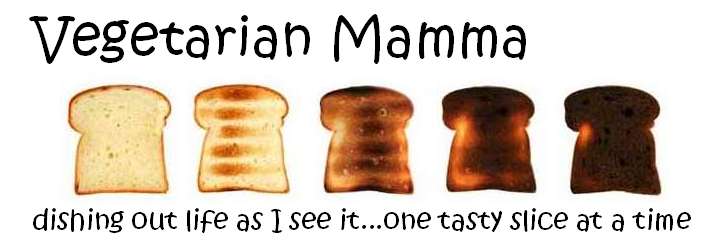
It kind of seems all the rage at the grocery store to buy brown eggs. I buy and use brown eggs, so I recently looked up brown eggs online to see what is the difference. I found there is not really any difference nutritionally and I learned a little about eggs too. Below is what I learned. Click HERE to visit the site I found.
Th most common are white and brown-shelled eggs. Identical in nutrient value, the only real difference between the two is the breed of hen they come from. White shelled eggs typically are from hens with white feathers (usually White Leghorns in Alberta), while brown shelled eggs are typically from hens with brown feathers.
Several specialty eggs are also available. These are:
Organic - hens are fed a special feed having ingredients that were grown without pesticides, herbicides and commercial fertilizer. The nutrient content of these eggs is NO different than the nutrient content of conventional eggs. Organic eggs, like conventional eggs, contain no antibiotics or hormones. Look for a "certified organic" mark plus the name or number of the certifying body on the label . . . to help ensure you are getting what you are paying for.
Vegetarian (No Animal By Products)- hens are fed a special feed containing ingredients of plant origin only. The nutrient content of these eggs is the same as that of conventional eggs.
Omega-3-Enhanced - These eggs are created by including 10-20% of flax in the hen's diet, which in turn, results in these eggs being higher in omega-3 fatty acids than conventional eggs. (Omega-3 fatty acids may help lower blood triglyceride levels. Keeping blood triglyceride at "healthy levels" has been shown to be good for heart health.)
Vitamin-Enhanced - These eggs are from hens fed a nutritionally-enhanced diet having higher levels of certain nutrients (eg. vitamin E, folate, lutein, vitamin B-6, vitamin B-12). As a result, these eggs contain slightly higher amounts of nutrients.
Free Range/Free Run - They are not the same. Free-range eggs are those from hens who have access to nesting boxes, open floor space, perches and outdoor runs. Free run eggs, on the other hand, are from hens allowed to roam freely in an enclosed facility (barn). Producers have more work because egg safety and quality is more challenging to manage in both these situations since eggs can come in contact with droppings and dirt, as well as can be laid in many places making quick egg collection a challenge. The nutrient content of these eggs is NO different than the nutrient content of eggs of hens raised in conventional cage housing systems.
